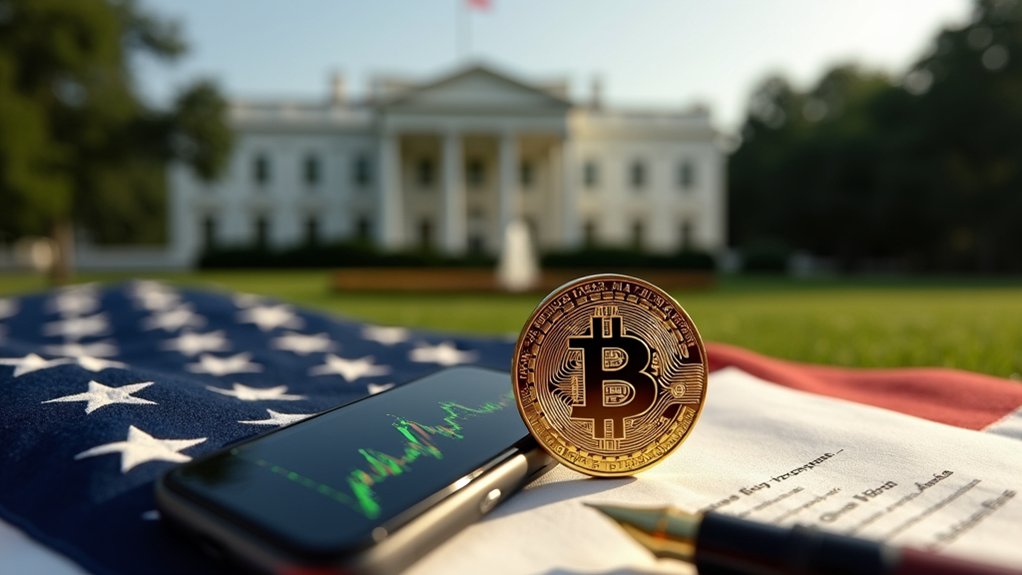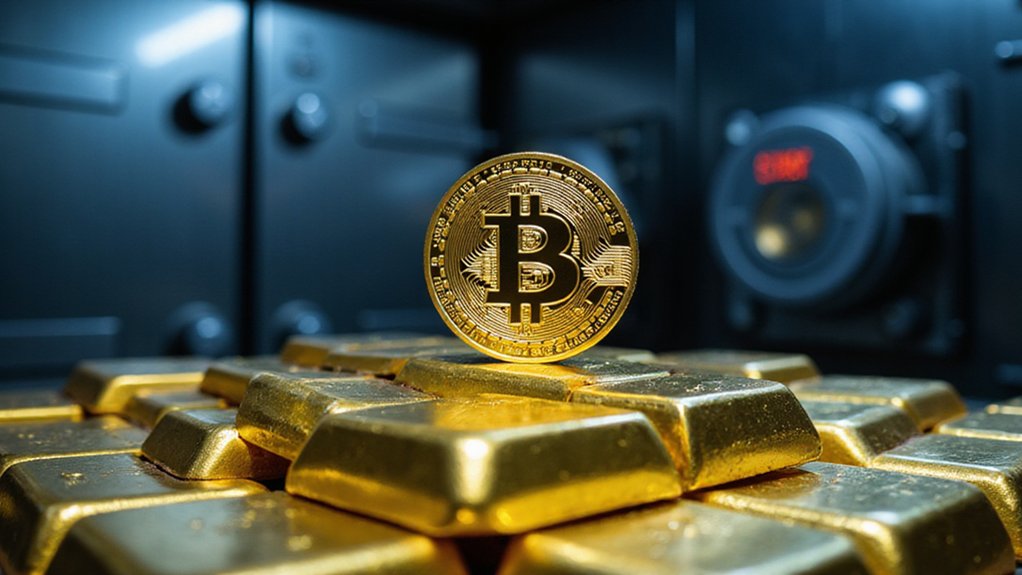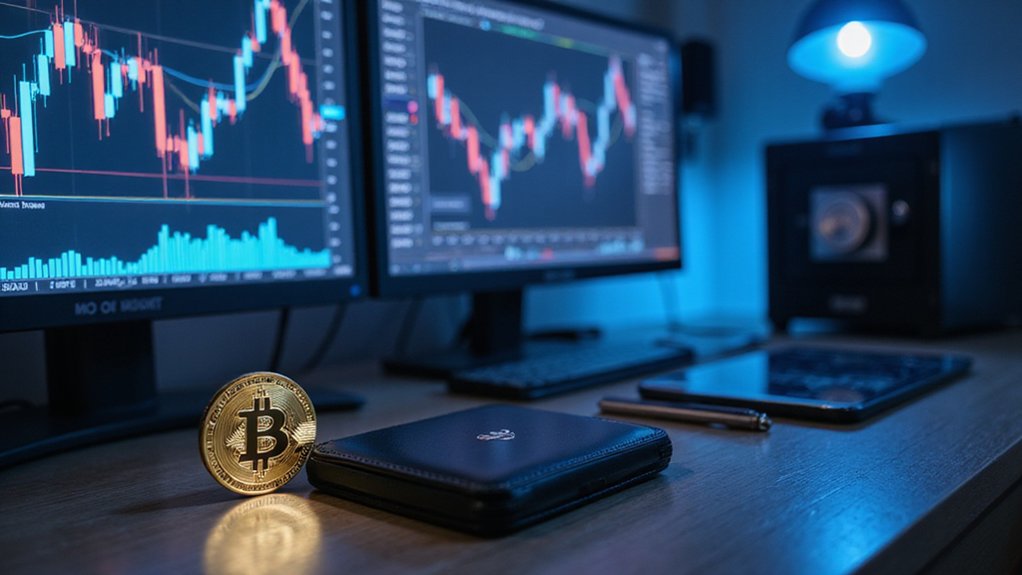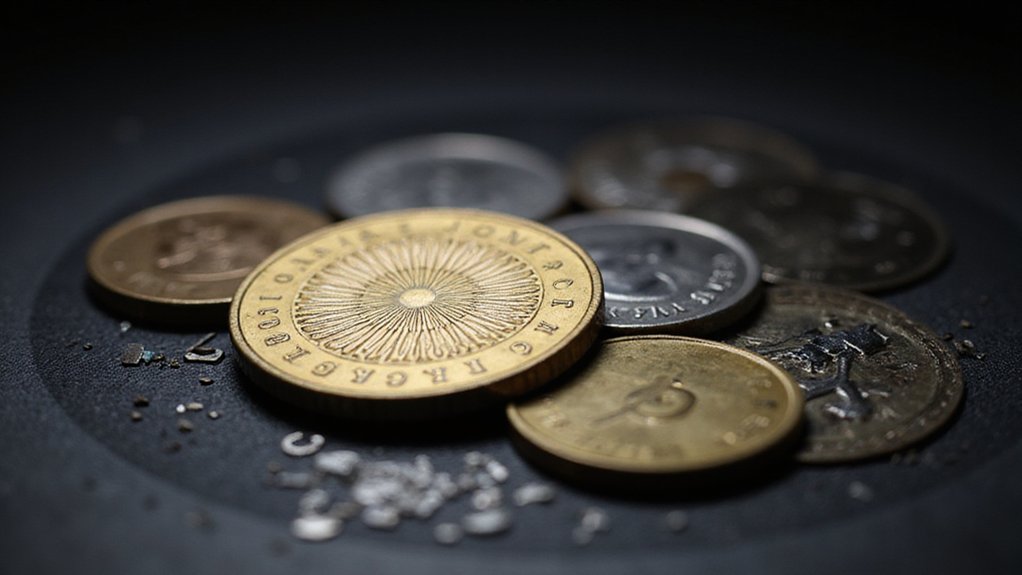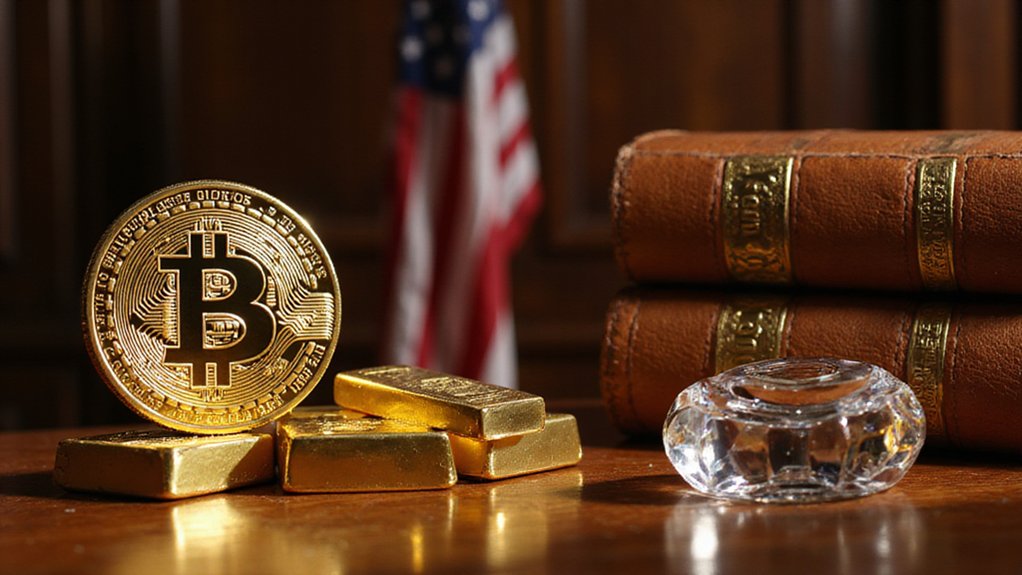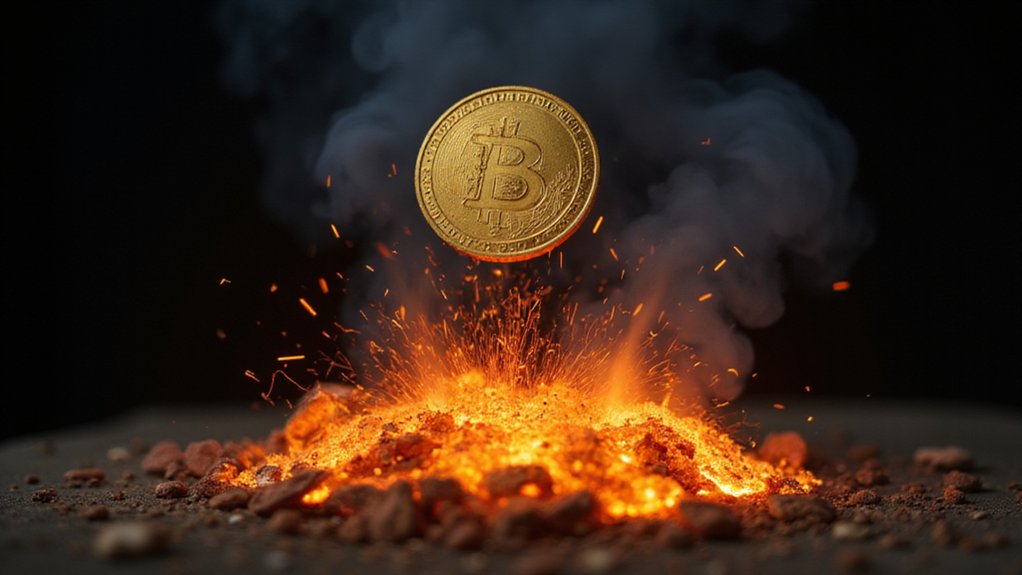Donald Trump has pivoted dramatically from Bitcoin skeptic to crypto champion, coinciding with his political comeback. His agenda now includes establishing a Strategic Bitcoin Reserve, appointing a dedicated crypto czar, and rolling back Biden-era regulations while developing a thorough framework with industry input. Trump frames these initiatives as economic strategy—positioning America as the “crypto capital of the planet” to drive innovation, create jobs, and reassert technological dominance globally. The details of implementation remain the true litmus test of this apparent conversion.
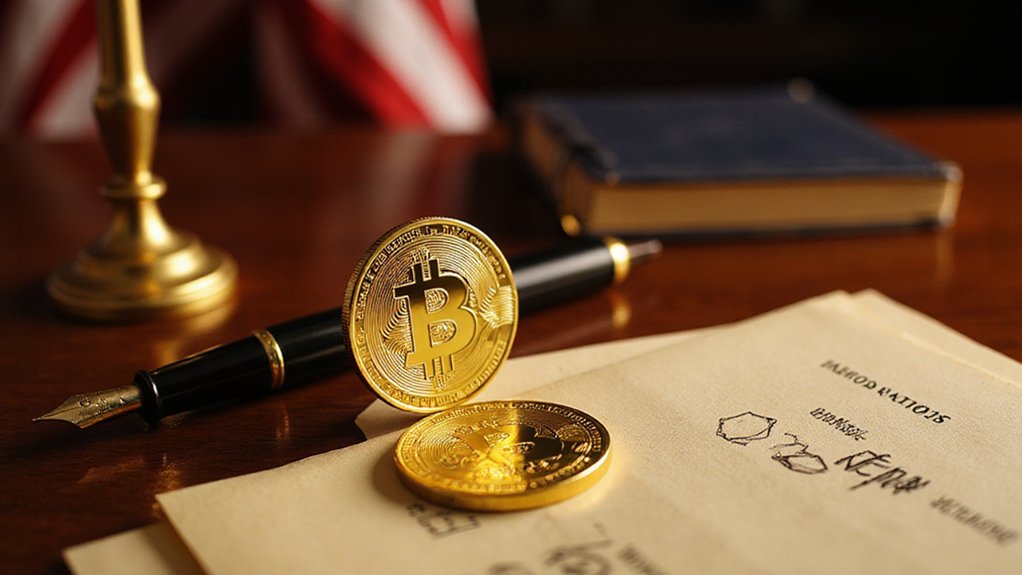
In a striking reversal that has left crypto enthusiasts both vindicated and wary, former President Donald Trump has transformed from a Bitcoin skeptic to a self-styled digital asset champion. During his first term, Trump was particularly dismissive of cryptocurrency, yet his recent policy shifts signal a remarkable volte-face that coincides with the sector’s mainstream ascendance (and, perhaps not coincidentally, his return to the political arena).
This evolution manifested concretely through a flurry of executive orders establishing both a Strategic Bitcoin Reserve and a U.S. Digital Asset Stockpile—unprecedented federal endorsements of blockchain technology. The administration’s executive order explicitly restricts agencies from promoting central bank digital currencies while encouraging the growth of U.S. dollar-backed stablecoins. Trump’s appointment of a dedicated “crypto czar” further institutionalizes his newfound embrace of digital assets, suggesting a genuine policy commitment rather than mere campaign rhetoric.
The administration’s regulatory approach balances deregulation with strategic oversight, rolling back certain Biden-era constraints while simultaneously developing a thorough framework that could finally provide the clarity the industry has long requested. Key financial watchdogs including the SEC and CFTC have been enlisted in this effort, with input solicited from private sector stakeholders—a collaborative approach that breaks with historical regulatory insularity. The formation of a bicameral crypto committee tasked with drafting stablecoin legislation underscores the administration’s commitment to comprehensive regulatory reform.
Economic considerations clearly motivate this pivot, as cryptocurrency increasingly represents not just speculative investment but genuine technological innovation, job creation, and global competitiveness. The Strategic Bitcoin Reserve will operate with a commitment that the United States will not sell any deposited bitcoin, marking a significant long-term investment strategy. Trump’s White House crypto summit—the first of its kind—signals recognition of digital assets as a strategic economic frontier rather than a financial curiosity.
Internationally, the administration frames these initiatives as reasserting American technological primacy, positioning cryptocurrency as both financial instrument and geopolitical chess piece. This approach echoes historical U.S. monetary dominance while acknowledging the decentralized nature of blockchain technology.
While Trump’s campaign promises to make America “the crypto capital of the world” seemed improbable given his prior skepticism, his subsequent policy implementations suggest an authentic, if expedient, conversion. Whether driven by political calculation, economic pragmatism, or genuine technological awakening, Trump’s crypto evolution represents a significant inflection point in the regulatory trajectory of digital assets.
Frequently Asked Questions
How Would Trump’s Crypto Policies Affect International Blockchain Markets?
Trump’s crypto policies would likely reshape international blockchain markets through several vectors: regulatory arbitrage opportunities would diminish as firms gravitate toward the U.S.’s clearer framework; foreign jurisdictions might face pressure to align with American standards (a form of regulatory exportation); and the establishment of massive federal reserves would create unprecedented market influence.
The explicit inclusion of certain altcoins in reserve plans effectively grants them a quasi-official status—a de facto endorsement that could shift global investment patterns.
Does Trump Personally Own or Invest in Any Cryptocurrencies?
Yes, Trump has substantial cryptocurrency holdings.
His portfolio includes the $TRUMP meme coin (where he effectively controls 800 million of the billion tokens created) and a significant stake in World Liberty Financial, a crypto exchange.
These digital assets reportedly constitute nearly 40% of his net worth, which has doubled to over $5 billion in 2025.
This concentration of crypto wealth has, predictably, sparked ethics concerns regarding potential conflicts with his presidential duties.
How Might Trump’s Stance Impact Future Federal Cryptocurrency Regulation?
Trump’s crypto stance may fundamentally reshape federal regulation through a more permissive framework prioritizing innovation over restriction.
The proposed Working Group under Crypto Czar David Sacks would likely harmonize fragmented agency approaches, potentially ending the SEC’s “regulation by enforcement” era.
His administration’s focus on establishing a Strategic Bitcoin Reserve and opposition to CBDCs suggests a policy environment favoring private-sector blockchain development while positioning the U.S. to counterbalance competing regulatory regimes from the EU and Asia.
Which Crypto Industry Leaders Support Trump’s Position?
Several crypto industry leaders have aligned with Trump’s positions, including venture capitalist David Sacks (now appointed “Crypto and AI Czar”), Coinbase CEO Brian Armstrong, and Gemini founders Cameron and Tyler Winklevoss.
Elon Musk, while not exclusively crypto-focused, has expressed support for Trump’s digital asset approach.
Additionally, blockchain entrepreneurs and investment figures like Anthony Pompliano and Mike Novogratz have publicly endorsed Trump’s crypto-friendly stance, viewing regulatory clarity as essential for the industry’s maturation and legitimacy.
Could Trump’s Policies Lead to a Central Bank Digital Currency?
Trump’s policies appear antithetical to CBDC development, given his explicit opposition to federally-controlled digital currencies.
Rather than centralizing control, his approach favors private sector innovation and a Strategic Bitcoin Reserve—essentially steering the financial ship in the opposite direction.
While regulatory frameworks will certainly evolve, they’re more likely to bolster stablecoins and decentralized assets than usher in a central bank digital currency.
The administration’s crypto roadmap, for better or worse, bypasses the CBDC expressway entirely.
